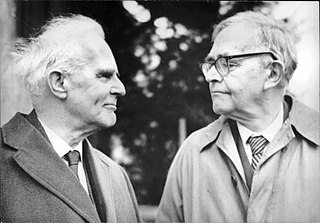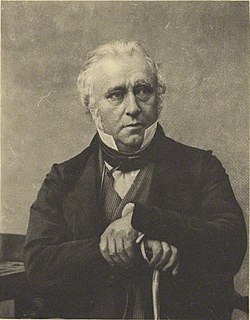A Quote by Ambrose Bierce
PLATONIC, adj. Pertaining to the philosophy of Socrates. Platonic Love is a fool's name for the affection between a disability and a frost.
Quote Topics
Related Quotes
... I have developed, over the years, some sense of the difference between real horseshit that you can step in and Ideal Platonic Horseshit that exists, evidently, only in the contemplation of those who worship such abstractions; and I continue to notice that Natural Law bears an uncanny resemblance to ideal Platonic Horseshit.
For the Platonic or Aristotelian philosophy, it is of no importance whether Plato or Aristotle ever lived. For the mystical practice of an Indian, Persian, Chinese, or Neo-Platonic mystic it is a matter of indifference whether Rama, Buddha, Laotse, or Porphyrius are myths or not. The mystic has no personal relation to them. It is not here a question of somebody telling me the truth which of myself I cannot find, but of my finding an access to the depths of the world in the depths of my soul.
Socrates: So even our walks are dangerous here. But you seem to have avoided the most dangerous thing of all. Bertha: What's that? Socrates: Philosophy. Bertha: Oh, we have philosophers here. Socrates: Where are they? Bertha: In the philosophy department. Socrates: Philosophy is not department. Bertha: Well, we have philosophers. Socrates: Are they dangerous? Bertha: Of course not. Socrates: Then they are not true philosophers.
One can hardly appreciate how academia has perverted its highest tasks and "ideals" without pondering long and hard the implications of Jacques Barzun's House of Intellect and its Hegelian/Bergsonian contrast between rigidified "intellect" and always-growing "intelligence." This fundamentally Hegelian distinction, needless to say, cuts to the quick of the contrast between Platonic and Aristotelian forms of philosophy.

































